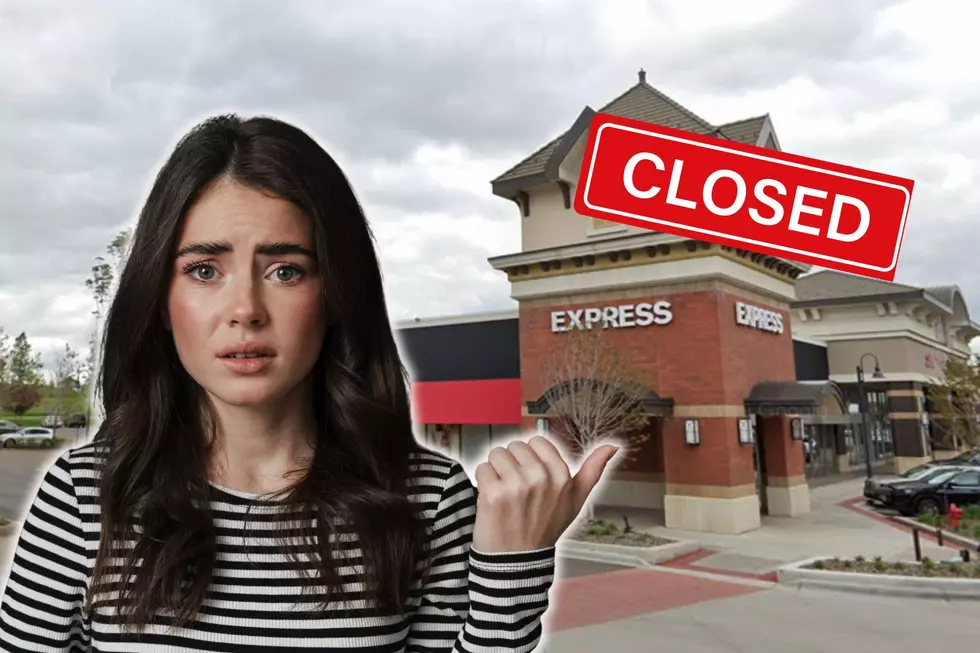
Enbridge Says New Pipeline Could be Operational Next Year
MINNEAPOLIS (AP) — Fresh off approval by Minnesota regulators, officials with Enbridge Energy said Friday they're on track to finish construction and put the company's disputed Line 3 replacement crude oil pipeline into service in the second half of next year, assuming all goes well for them.
The Minnesota Public Utilities Commission on Thursday determined the project is necessary and approved the Canadian company's preferred route across northern Minnesota, with modifications and conditions that Enbridge considers minor.
In an interview with The Associated Press, Guy Jarvis, president of Enbridge's Liquids Pipelines division, said the approval is "not the end of the process, it's the ramping up of a lot of other work."
Jarvis said that work includes securing at least 29 state, local and federal permits. That process and further proceedings before the Public Utilities Commission could take until October, he said. Once those hurdles are cleared, he said, the company could start work in November to get mobilized for "significant construction" to begin early in 2019.
Democratic Gov. Mark Dayton said those permit approvals "are by no means assured" and that state agencies will hold the company to "Minnesota's highest standards" for protecting its environment, natural resources and cultural heritage.
"We know we have a high bar to meet in terms of these remaining permits," Jarvis said.
Line 3 runs from Alberta across North Dakota and Minnesota to Enbridge's terminal in Superior, Wisconsin. The replacement would use part of the same route in Minnesota before taking a more southerly path.
Enbridge convinced the commission that replacing the 1960s-era pipeline, which is increasingly prone to corrosion and cracking, is necessary for safety and to ensure reliable deliveries of sufficient crude oil to Midwest refineries. But Native American and environmental activists say the Canadian tar sands oil it will carry will accelerate climate change. They also say it risks spills in fragile areas, including waters where the Ojibwe harvest wild rice, which is central to their culture.
Jarvis acknowledged that emotions are running high on both sides, noting that many Minnesota residents support the project. He said the company plans to continue working with communities along the route to try to show them that the line will be a benefit, not a burden.
"We are willing to continue to engage people who have opposing views," he said.
After the commission issues its formal written order in the next few weeks, opponents can then file their appeals with that agency and, if the commission stands by its decision, with the Minnesota Court of Appeals.
Opponents held a news conference Friday on the approved route where the pipeline would cross the Minnesota-Wisconsin border on its way to Superior, within sight of equipment they said Enbridge has already stockpiled in preparation for construction in Minnesota.
"We will stop this in the regulatory process, we will stop this in the legal process and we will stop this with our bodies," Winona LaDuke, founder of Honor the Earth, said, according to video of the event. "This is Minnesota's Standing Rock."
LaDuke was referring to protests that drew thousands of people to the Standing Rock reservation in neighboring North Dakota in 2016 and 2017 to rally against the Dakota Access pipeline, resulting in sometimes violent skirmishes with law enforcement and more than 700 arrests.
More From KROC-AM









